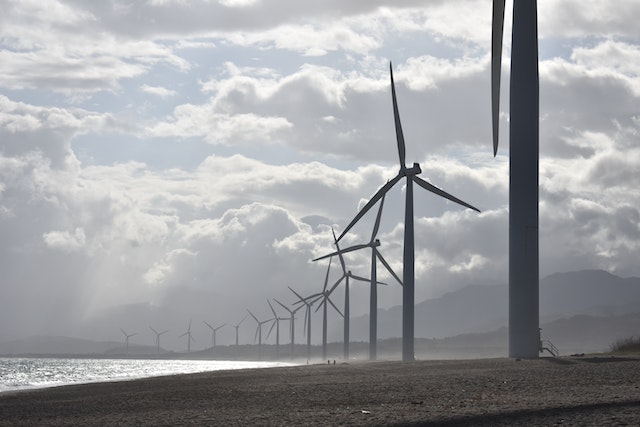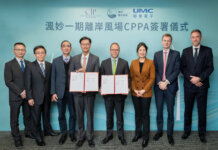In conducting a review of its near-term United States offshore development projects, Orsted, the Denmark-based multinational energy company, has assessed the aggregate adverse impacts relating to the supply chain, lack of favorable progress in tax credit guidance and increased interest rates, which affect its U.S. portfolio.
The Ocean Wind 1, Sunrise Wind and Revolution Wind projects are being adversely impacted by a handful of supplier delays, Orsted says. The company determined that a continuously increasing risk exists in these suppliers’ ability to deliver on their commitments and contracted schedules. This could create knock-on effects requiring future remobilizations to finish installation, as well as potentially delayed revenue, extra costs and other business case implications. These impacts will lead to impairments of up to $734 million, assuming no further adverse developments in the supply chains on these projects.
In addition, Orsted’s continued discussions with senior federal stakeholders about additional tax credit qualifications for Ocean Wind 1 and Sunrise Wind are not progressing as previously expected. Discussions persist with federal stakeholders to qualify for additional tax credits beyond 30%. If these efforts prove unsuccessful, it could lead to impairments of up to $890 million. The level of a possible impairment will be decided based on a probability weighted assessment of the likelihood of obtaining the additional tax credits.
Furthermore, the U.S. long-term interest rates have increased, which affect U.S. offshore projects and certain onshore projects. If the interest rates remain at the current level by the end of third quarter, it will cause impairments of approximately $734 million.
The impairments relating to Ocean Wind 1, Sunrise Wind, Revolution Wind, South Fork Wind, Block Island Wind Farm and several U.S. onshore projects will be recognized in Orsted’s interim report for the first nine months of 2023.
While Orsted’s near-term U.S. offshore wind development portfolio does not meet its value-creation target on a lifecycle basis, the company remains convinced that the value creation of the portfolio will be within 150 to 300 basis points spread-to-WACC on a forward-looking basis.
Adjusted for the anticipated impairments, Orsted maintains a ROCE target for the period 2023-2030 of approximately 14%.
Orsted will continue to advance its U.S. near-term offshore wind projects including obtaining final federal and local permits, working with suppliers to mitigate delays and maintaining a dialogue with stakeholders to try to qualify for at least 40% ITCs on all projects.
Orsted will work toward taking FID on Ocean Wind 1, Sunrise Wind and Revolution Wind projects toward the end of 2023 or in early 2024. Pending FID, the company now expects to commission Ocean Wind 1 in 2026.
Photo by Jem Sanchez




